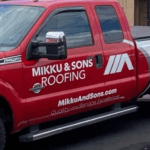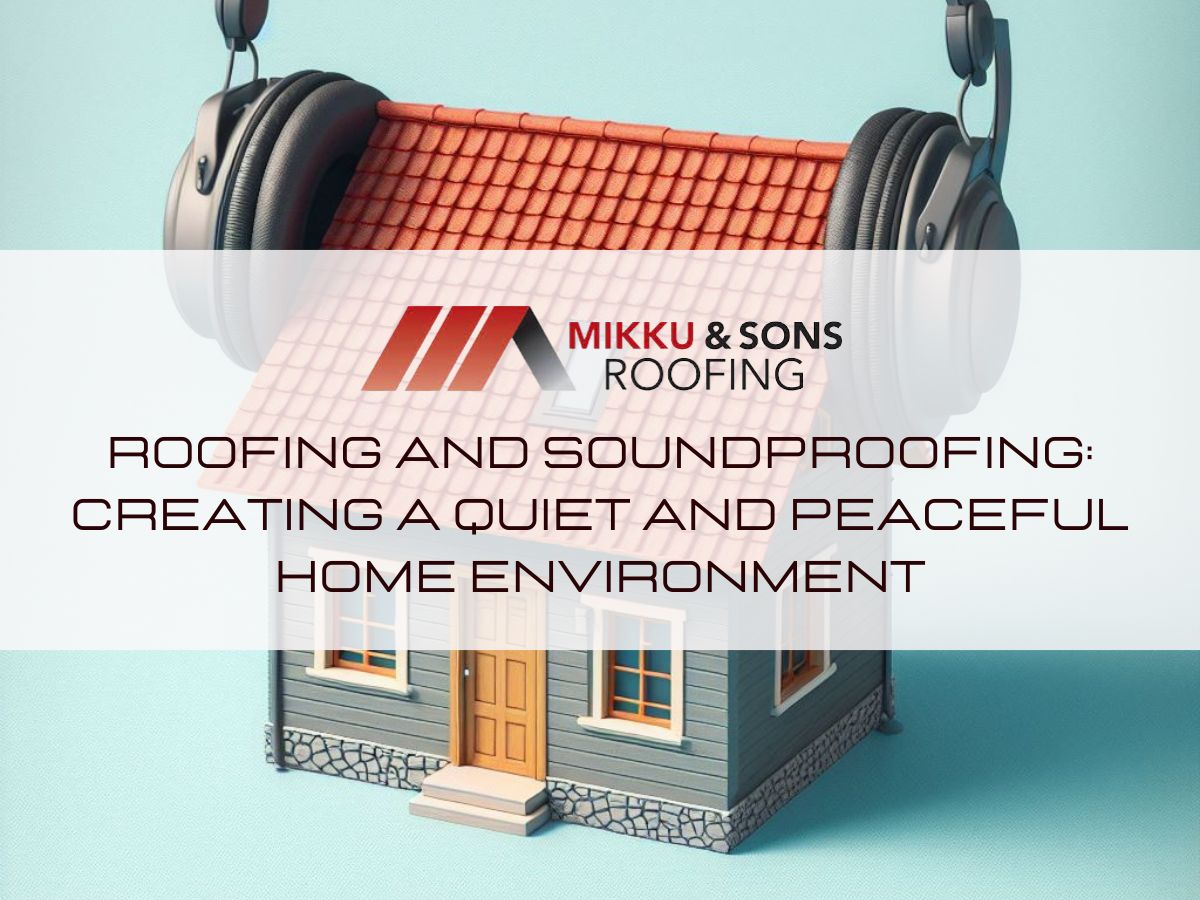
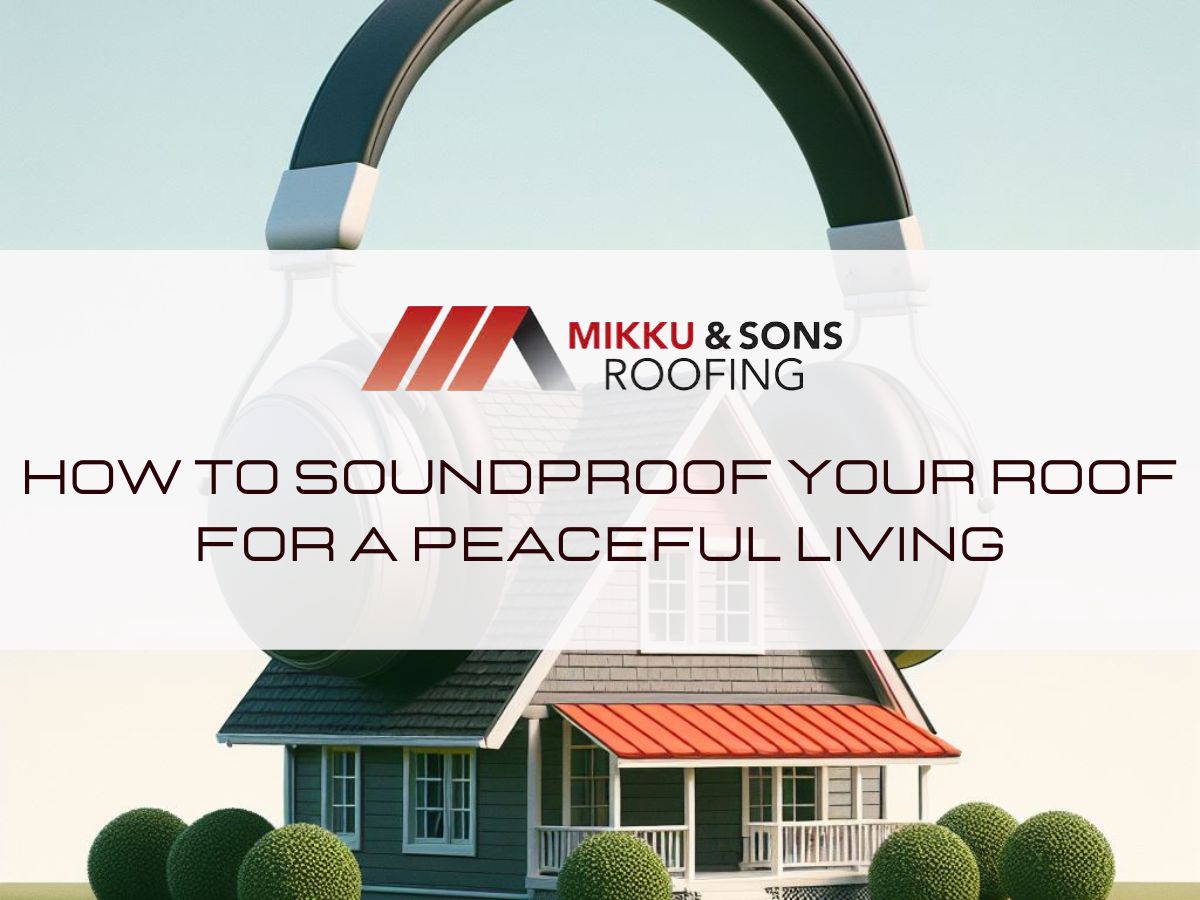
Living in a noisy environment can be frustrating, especially when you're trying to relax or sleep. If you're looking for ways to soundproof your roof, you're in the right place. Soundproofing your roof can help reduce noise from outside, making your home more peaceful.
There are several ways to soundproof your roof, including insulating the attic, using roof underlayment, and choosing the right roofing material. So, Are you wondering how to soundproof your roof? In this blog, we'll explore some effective ways to soundproof your roof, helping you create a more serene living environment.
Soundproofing a roof involves understanding the principles of sound transmission. Sound travels in waves and can enter your home in various ways, including through the roof.
This transmission is more pronounced when the roof is inadequately insulated or constructed with materials that do not dampen sound effectively.
There are several types of noise that can permeate through the roof:
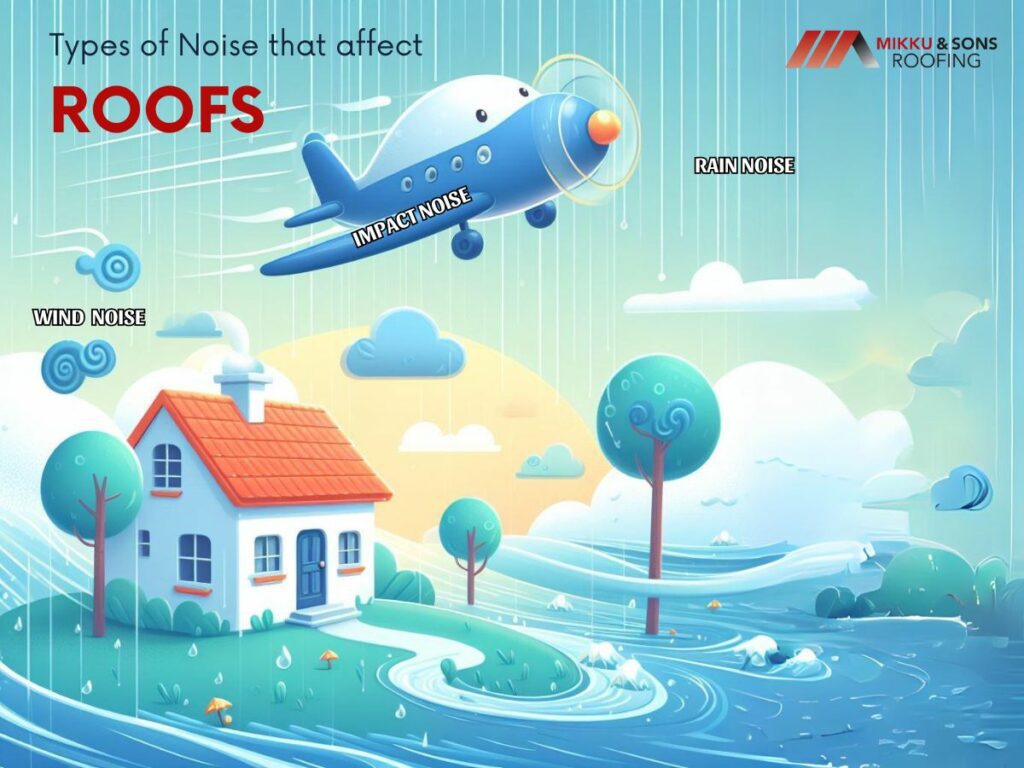
Each type of noise requires a slightly different approach to soundproofing, which is critical to consider when choosing materials and methods.
In our quest for a serene and peaceful living environment, addressing the unique challenges presented by different roof types is crucial. Each roof structure, whether it's a metal roof, a traditional pitched roof, or a flat roof, has its own acoustic properties and requires specific soundproofing methods.
Metal roofs, while durable, can be particularly noisy, especially during rainstorms or hail. To soundproof a metal roof:
Pitched roofs, common in residential areas, can be soundproofed by:
Flat roofs require a different approach due to their structure:
When building a new roof, you have the luxury of integrating soundproofing elements right from the design phase. However, for existing roofs, the approach is more about adding or improving elements to reduce noise.
This might involve adding insulation, changing the roofing material, or installing sound barriers.
We will now introduce you to some of the most advanced and effective materials available in the market. These aren't your everyday solutions; they represent the cutting-edge in soundproofing technology designed to offer superior noise reduction capabilities.
The market offers a variety of advanced materials designed for soundproofing needs:
Soundproofing your roof can be a rewarding DIY project. From simple fixes to more comprehensive methods, DIY soundproofing not only enhances the tranquility of your home but also provides a sense of accomplishment and personalization.
Whether you're a seasoned DIY enthusiast or a beginner, these techniques are designed to be accessible, effective, and a practical way to reduce unwanted noise in your living space. Here's a step-by-step guide:
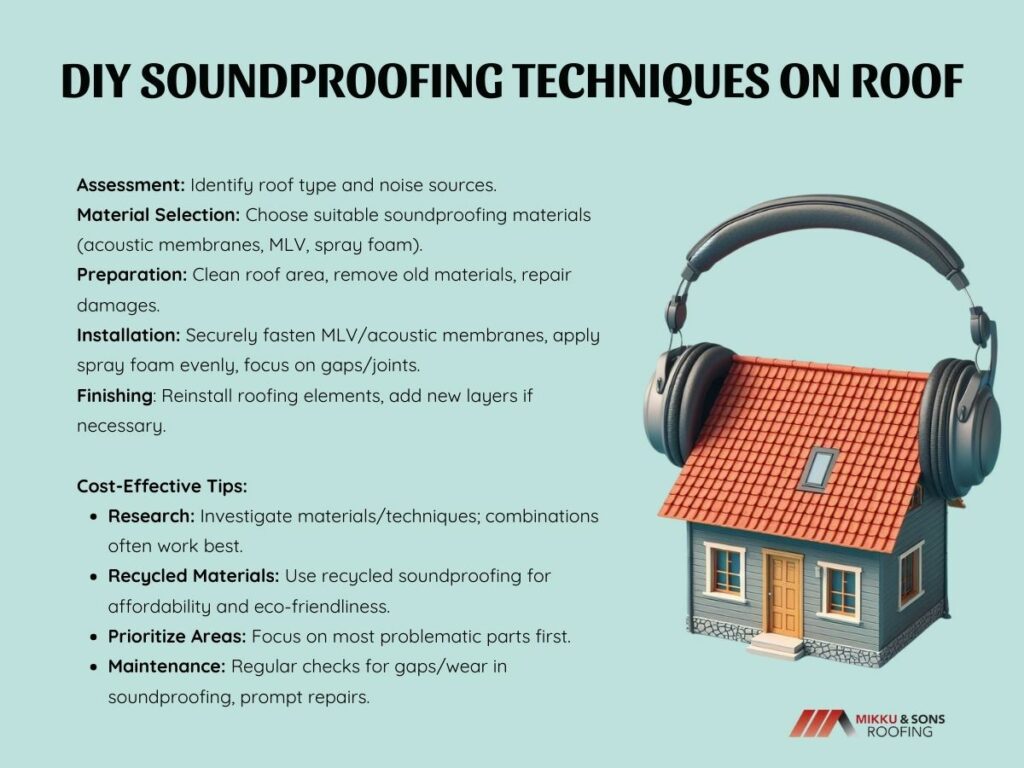
In pursuit of creating a tranquil living or working environment, soundproofing your roof is a critical step. While DIY methods can be effective, consulting with professional soundproofing services offers a level of expertise and customization that can significantly enhance the outcome.
In this section, we will explore the benefits of professional soundproofing services and the range of options available for both residential and commercial roofs.
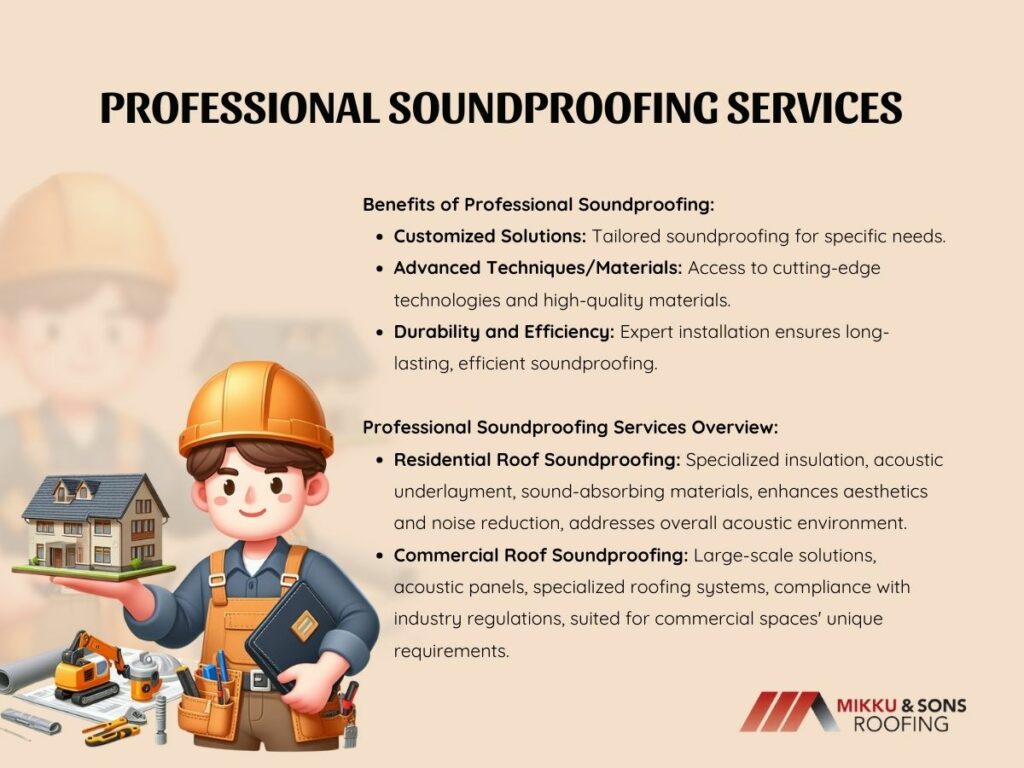
Consulting with soundproofing experts can be a game-changer in your quest for peace and tranquility within your home or office. These specialists not only bring a wealth of knowledge and experience but also offer customized solutions tailored to your specific needs.
Professional soundproofing experts bring a wealth of experience and knowledge to the table. They can assess the specific needs of your property and offer tailored solutions.
This bespoke approach ensures that the soundproofing is effective, addressing the unique challenges posed by different types of noise and roof structures.
Professionals have access to the latest soundproofing technologies, and high-quality materials are not always available to the general public. They can employ advanced techniques like decoupling, damping, and mass loading to achieve superior noise reduction.
This expertise ensures that the most effective methods are used for your particular situation.
Expert installation means that the soundproofing will be more durable and efficient over time. Professionals ensure that materials are installed correctly, avoiding common pitfalls that can compromise the soundproofing effectiveness. This attention to detail can result in a longer-lasting solution that requires less maintenance.
As we delve into the realm of professional soundproofing services, it's crucial to understand the comprehensive solutions they offer. These services go beyond basic DIY methods, providing expert assessment, advanced materials, and precise installation techniques
For residential properties, professional services can offer solutions that blend with the aesthetics of the home while providing effective noise reduction. This can include installing specialized insulation materials in the attic, applying acoustic underlayment beneath roofing materials, and using sound-absorbing tiles or membranes.
Experts can also advise on improving the overall acoustic environment of the house, considering aspects like ventilation and thermal insulation.
Commercial properties often have different soundproofing needs due to their size and the nature of the activities conducted inside. Professional services can offer large-scale solutions, such as installing acoustic panels or specialized roofing systems designed for sound attenuation.
They can also provide soundproofing that meets specific industry regulations or standards, ensuring that the commercial space remains compliant and comfortable.
Soundproofing your roof is an essential step towards achieving a peaceful living or working environment.
Whether through DIY methods or by consulting professional soundproofing services, the right approach can vastly improve the comfort and tranquility of your space. As we have explored these options, it's clear that soundproofing is a valuable investment for any property.
Moving forward, there's another critical aspect of maintaining a healthy and safe home environment: waterproofing your roof. Just as soundproofing protects against noise, waterproofing ensures your home remains dry and damage-free.
In our next blog, "Waterproofing Your Roof: A Must-Do for Every Homeowner," we will dive into the importance of this process, offering insights and tips to safeguard your home against water damage. Stay tuned for this essential guide to complete home care.
